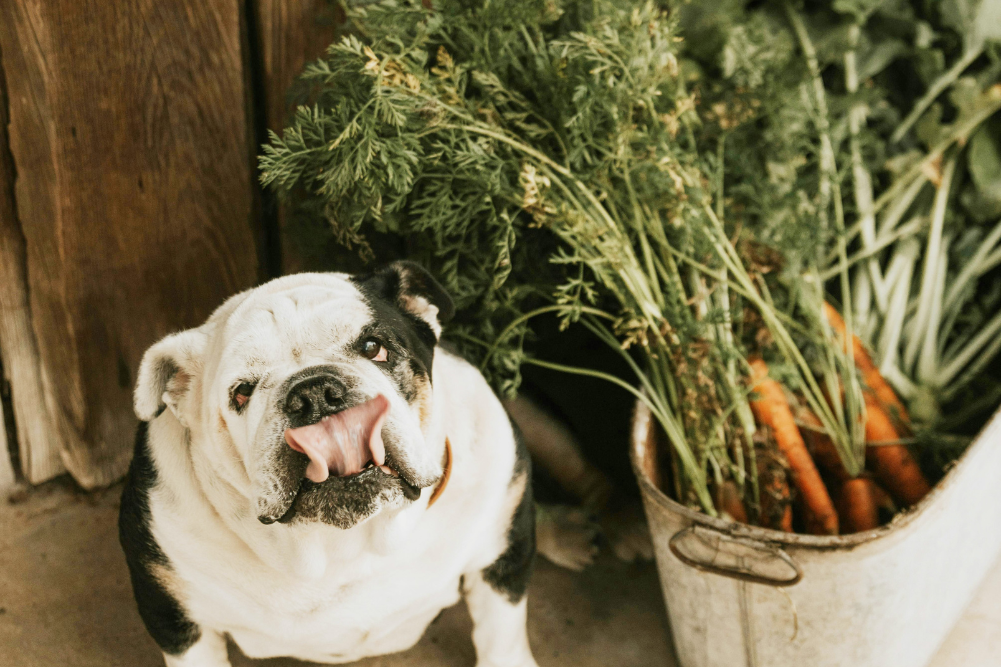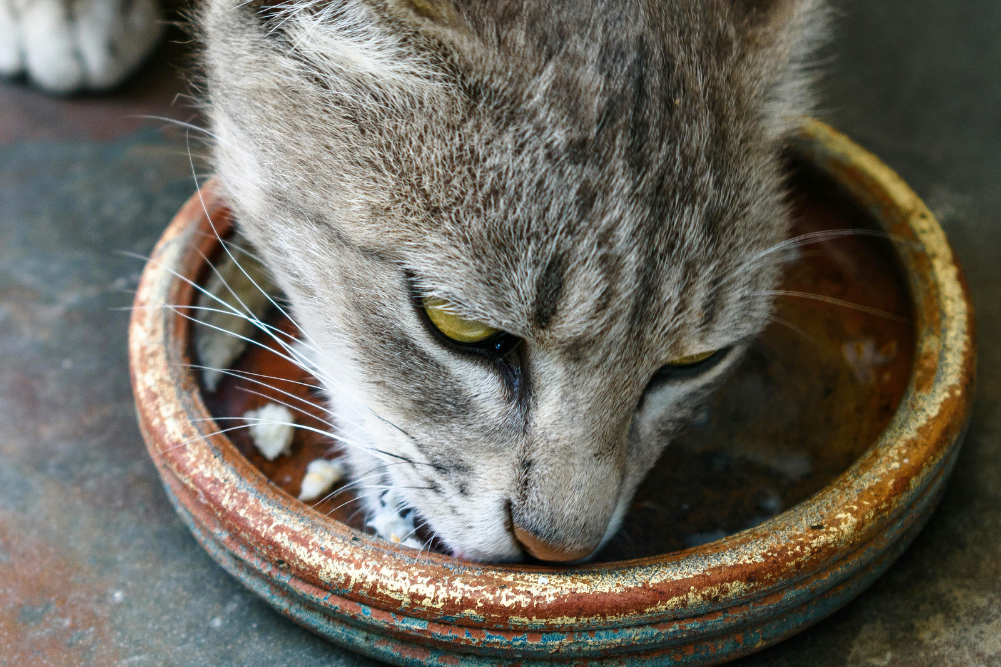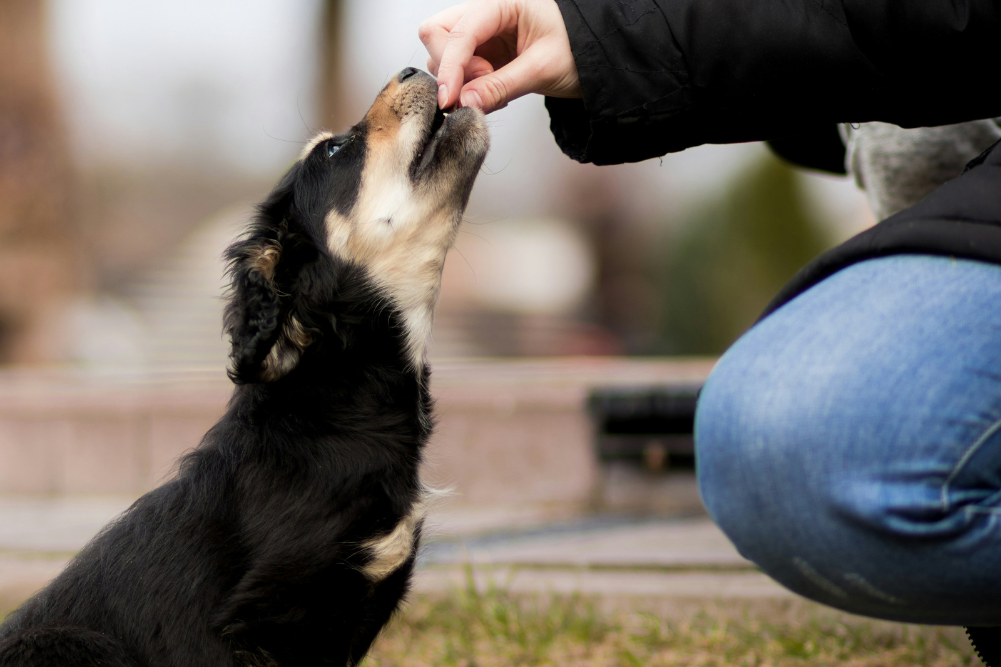What herbs and supplements are safe for your pets
In holistic veterinary practice we regularly use herbs and supplements to treat our patients. There are times when our pet carers come to us having already researched on Dr Google, and already bought herbs and supplements for their pets. Just because a product is natural it doesn’t mean it’s safe for your pet, and it may not be the most effective treatment. Dr Google is a valuable asset and I use her, too, but there are things I know will increase risks when using herbs and supplements in dogs and cats.
What are the herbs that are safe to use in your pet? Most herbs are safe and gentle but there are some we use with care. Garlic may prolong clotting times, and prolonged use in dogs has been associated with anaemia. I have actually seen two small dogs require blood transfusions from a well-meaning overdose of garlic by their owner. Ephedra is used in some traditional Chinese medicine herbal formulae. It’s a potent stimulant and bronchodilator but is also associated with potential cardiac arrhythmias and nausea. We don’t generally use formulae containing ephedra in veterinary medicine.
Most herbs are safe and gentle, but there are some we use with care.
Other herbs that may be toxic to pets include tea-tree oil (especially for small dogs and cats), comfrey, kavakava, senna and white willow, especially in cats. Herbs we use with care include St Johns wort, wormwood, aconite and mistletoe.
Aloe vera is commonly used as a topical gel to soothe superficial burns and skin irritations. The outer latex of the leaf, however, has a laxative effect and should be removed before use — remember that pets lick off gels and creams.
Interactions
What about the medications your pet is already taking? There are many potential herb-drug interactions. Most are not a problem in practice but we need to be aware of some. St Johns wort is used as a nervine and antidepressant. In NSW it’s regarded as an introduced weed and causes signs of toxicity in livestock grazing on heavily infected pastures. It can be used in veterinary medicine to reduce anxiety, but care needs to be taken if dogs are on other anti-anxiety medications, bronchodilators or chemotherapy drugs. Very high doses may lead to sensitivity to sunlight. Other supplements we use with care if dogs are on behaviour medications include tryptophan and melatonin.
Some herbs may increase the effects of medications; eg corydalis may increase sedation if pets are already on strong opiate pain relief. Korean ginseng may increase bleeding time if taken with other anticoagulants such as warfarin. Mucilages like slippery elm or marshmallow may slightly reduce absorption of medications, and this may be important for drugs with a narrow therapeutic range, such as phenobarbitone for seizures.
Existing health conditions
If your pet has high blood pressure, licorice may increase sodium retention if used in large doses. Licorice is commonly used to harmonise TCM herbal formulae and in small amounts does not seem to be a problem. Herbal formulae containing Angelica sinensis may result in looser stools and, if dogs or cats have a tendency to gut problems, alternative formulae should be used.
Quality
Quality control of a herb or supplement varies between different countries. Standards are quite high in Australia but may not be as stringent in products sourced from overseas. Issues with quality include standardisation of quantity of active ingredient in product, correct identification of herbs used, possible contamination with incorrect herb, mould or other toxins, cleanliness of production equipment and correct storage and labelling. Where possible, we source products made specifically for pets, and, if not, human “practitioner only” products from companies using Good Manufacturing Practice. Regulatory guidelines for use of complementary medicines in Australia are constantly evolving.
Another consideration is the use of endangered herbs. Demand for some herbs has led to over-harvesting and now some medicinal herbs are considered endangered. For these, we try to find substitutes where available. Eyebright, used traditionally for conjunctivitis, and goldenseal, used to treat infections such as stomatitis, pharyngitis, otitis and skin inflammation, are now species regarded as endangered. In Australia, some eucalyptus species, used to treat coughs and colds, are listed as endangered.
Dosing
As complementary medicine is gradually accepted more into mainstream practice, specific veterinary products containing herbs such as milk thistle, and supplements such as green-lipped sea mussels, fish oil, glucosamine and probiotics are now available with doses based on research. For many supplements and herbs, we rely on empirical dosing, based on our knowledge of the substance, our experience and the patient we are treating. I have seen dogs or cats treated by their well-meaning owners with doses either way too high, with potential side-effects, or too low to be of use. If you do source your own products, have a vet familiar with use of herbs and supplements in pets advise you on dosing.
Natural herbs and supplements are valuable tools when treating our pets and may negate or at least significantly reduce doses of stronger medicines (which have much greater chance of side-effects) in many cases. To achieve the best outcome, they should be dosed with the same care and consideration as prescription medicines.








